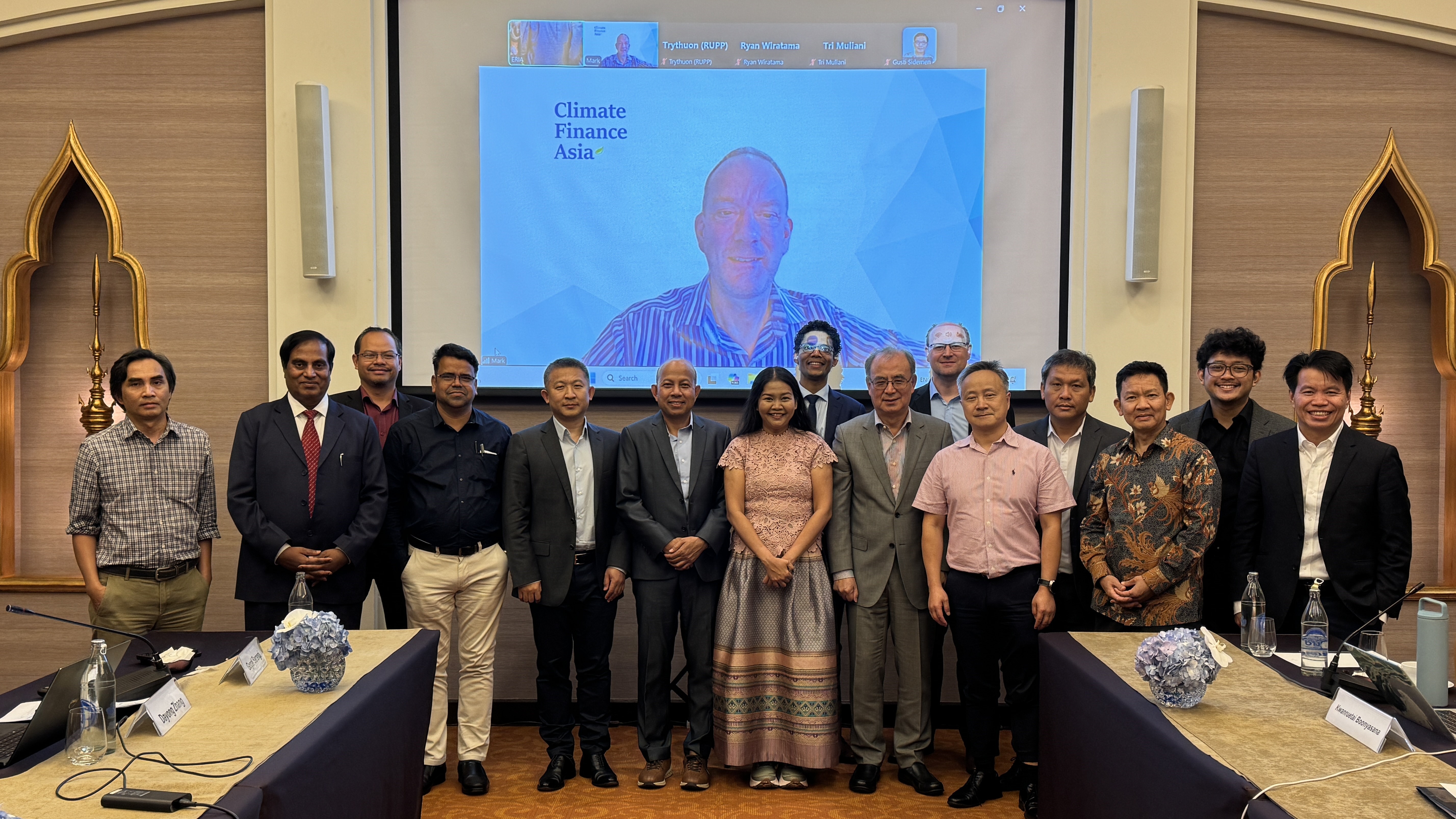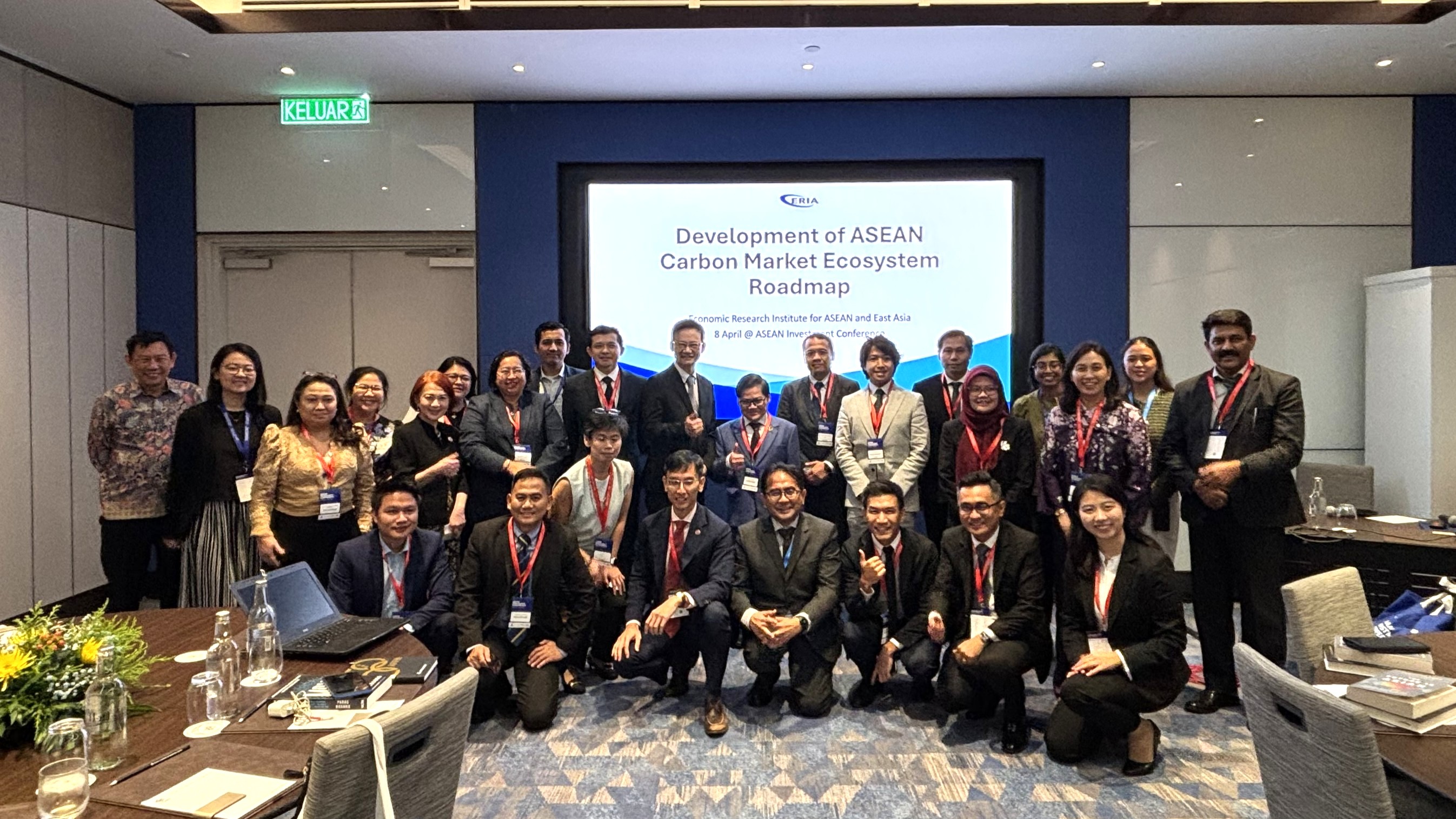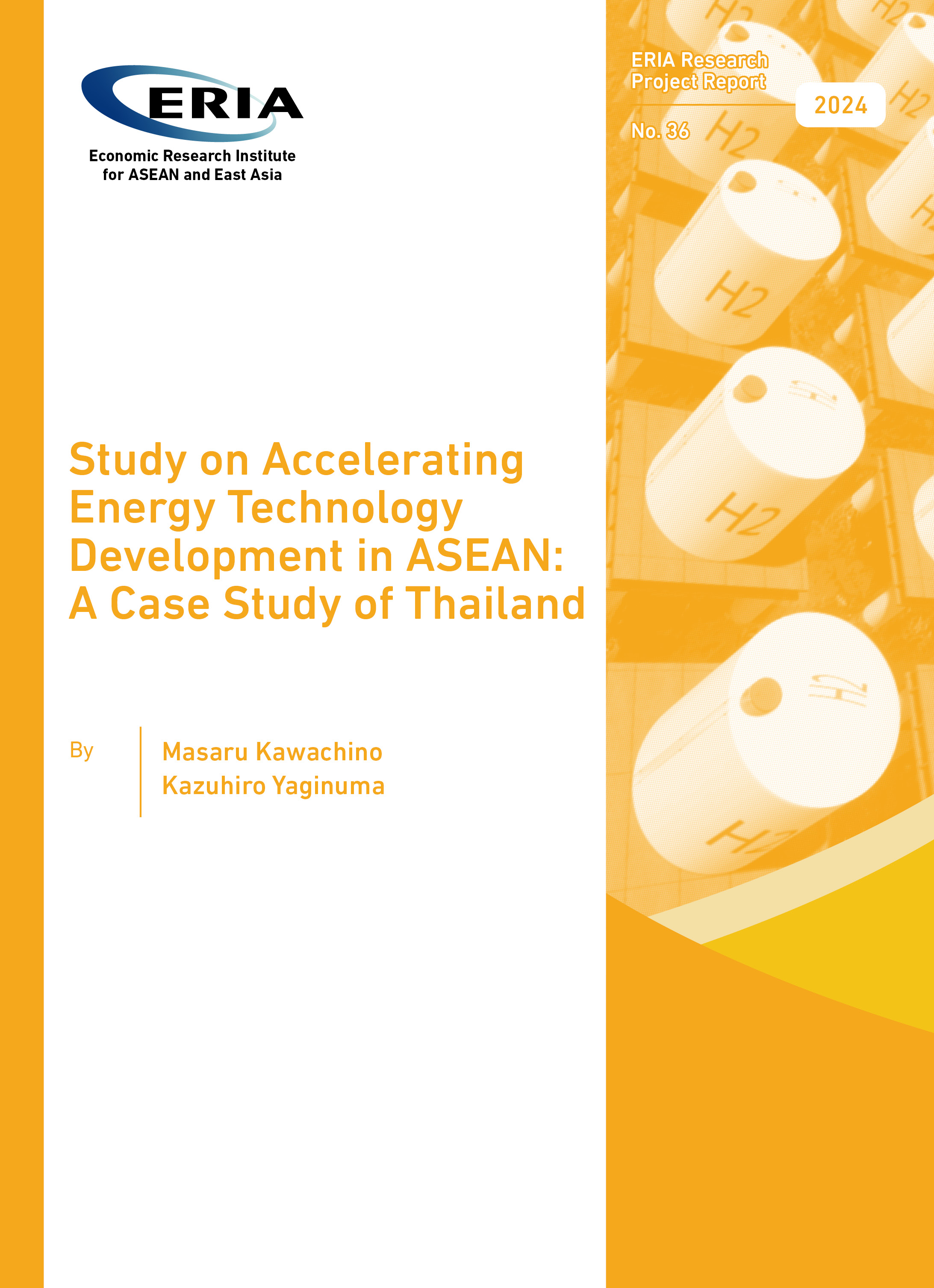Integrating Digital Skills in ASEAN Education to Boost Digital Literacy
Date:
29 June 2024Category:
OpinionsTopics:
Education, TechnologyShare Article:
Print Article:
By Livia Feliciani Nazara, Research Associate: Digital technology advancements are constantly reshaping the world of work, necessitating significant reskilling to keep up with changing labour markets. According to the World Economic Forum’s Future of Jobs Report 2023, approximately 44% of the existing workforce’s skillsets are projected to undergo disruption within the next 5 years. Analytical thinking and creative thinking are amongst the skills considered most crucial, while systems thinking, Artificial Intelligence (AI), and big data are identified within the top ten growing skills.
This trend is particularly relevant for the Association of Southeast Asian Nations (ASEAN) region. As ASEAN gears up for digital transformation, it must strengthen digital literacy amongst its youth to create a workforce equipped with the right skillsets. Reskilling and upskilling the ASEAN workforce is increasingly important, and integrating digital skills early in students' formal education is crucial.
ASEAN has made efforts to improve digital literacy rates in the region, establishing frameworks like The Digital Economic Framework Agreement (2023), The Declaration on the Digital Transformation of Education Systems in ASEAN (2022), and The Framework for Developing Digital Readiness Among ASEAN Citizens (2021). More recently, ASEAN released The ASEAN Digital Literacy Programme (DLP) for 2022-2024 in efforts to foster improved media literacy. The five main activities of the ASEAN DLP include capacity building through Training for Trainers (ToT) and training sessions for end-beneficiaries, establishing the ASEAN Youth Advisory Group, launching an awareness-raising campaign, conducting regional research on digital literacy, and developing an e-learning platform.
Despite these efforts, the ASEAN region still faces significant challenges in improving digital literacy rates and educating its youth on digital skills. Adoption of digital skills in ASEAN Member States’ schools remains generally low. The Digital Literacy in Education Systems across ASEAN Report (2021) found that the majority (61%) of individuals aged 10–24 were not being taught digital skills in school, with only a small fraction exposed to digital skills education in Lao PDR and Myanmar.
Why should the education system in ASEAN invest in digital skills learning? The answer is simple: digital literacy holds the key to improving student outcomes. Learning and acquiring digital skills from an early age makes students proficient in using digital technology and develops their critical thinking. Students equipped with digital literacy are more confident in utilising digital technology and understand the concept of being digitally responsible. They can navigate the digital world swiftly, efficiently, and safely. In addition, learning digital skills from an early age equips students with the right skillsets and capabilities to excel in future job roles. As the job market changes, digital skills are increasingly becoming a prerequisite for job applications. This urgency requires the younger generation to stay competitive in the evolving job market.
Investing in digital skills education from an early age is a crucial initial step in addressing the digital skills gap. Incorporating digital skills into formal education provides consistent standards and an equal playing field in digital capabilities for students, who are future job seekers. A Capgemini study highlights that if not tackled, skill gaps may persist beyond secondary education, affecting students' transition into the workforce, as employees worry about outdated skills and employers acknowledge its impact on competitiveness.
Therefore, it is essential for ASEAN students to learn digital skills from a young age, ideally through formal education. This calls for governments, policymakers, educators, and relevant stakeholders to ensure that the future leaders (the younger generation) are learning digital skills to prepare for the upcoming digital transition. Collective efforts with concrete steps toward updating ASEAN education to include digital literacy programmes, teacher professional training on digital technologies, and easing digital resource access for schools are necessary. Together, we need to start fostering youth digital literacy to narrow the digital skills gap and promote inclusive digital transformation in ASEAN.
This opinion piece was written by ERIA's Research Associate, Livia Feliciani Nazara, Research Associate, and has been published in The Jakarta Post and Bangkok Post. Click here to subscribe to the monthly newsletter.
Disclaimer: The views expressed are purely those of the authors and may not in any circumstances be regarded as stating an official position of the Economic Research Institute for ASEAN and East Asia.








